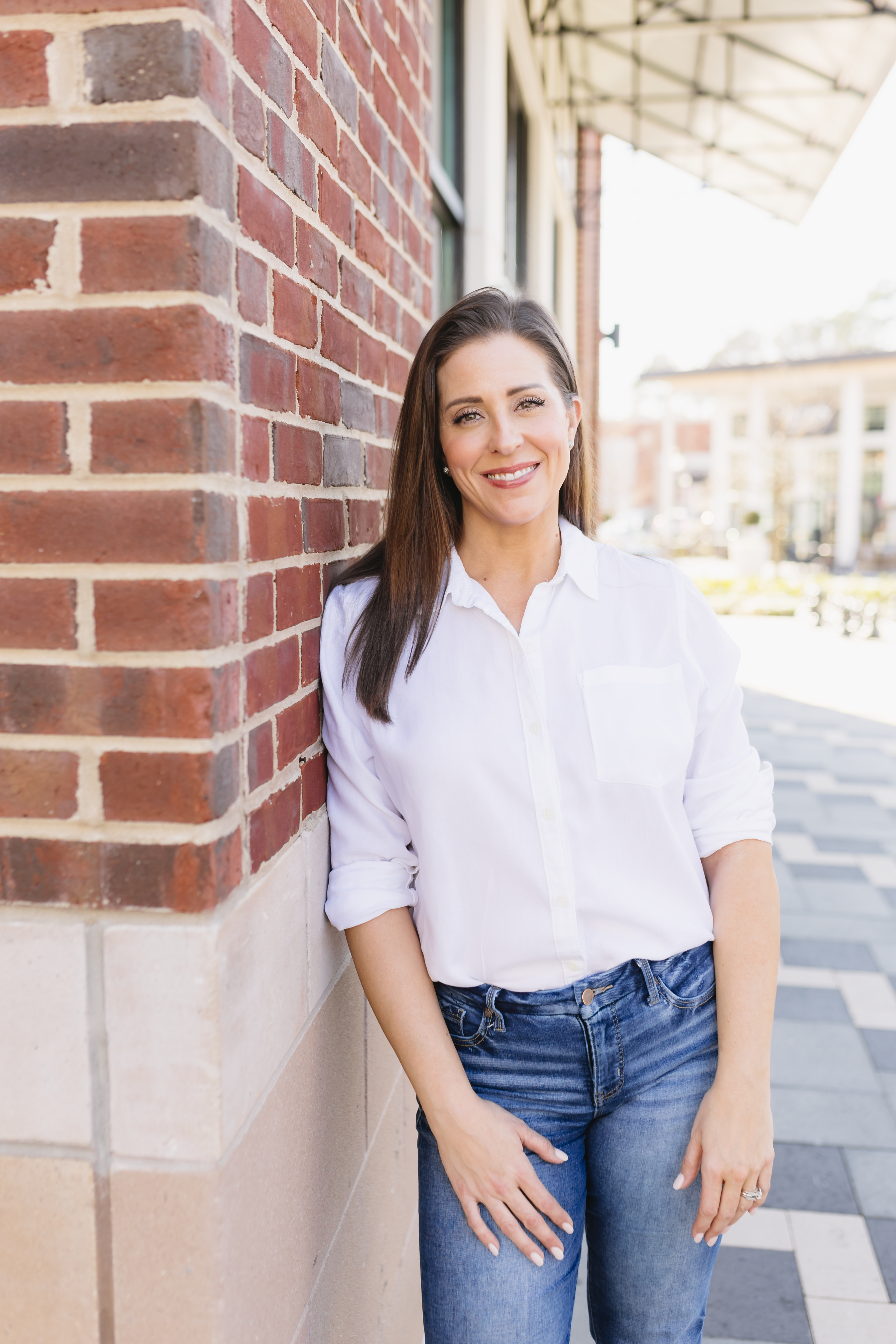Coaching or Counseling? Why the Lines Are Getting Blurred—and Why That’s a Problem and How I'm the Answer.
- Piper Harris, LPC

- May 22, 2025
- 4 min read
There’s a growing crisis in the coaching world—and not enough people are talking about it.
Every day, I encounter individuals who come to me after a coaching experience that left them not only unsupported, but in many cases, more emotionally distressed than when they started. Some were experiencing clinical-level anxiety or depression, others disclosed suicidal ideation—and their coach didn’t recognize the red flags. Or worse, saw the pain, got overwhelmed, and abandoned them.
This is not only unethical—it’s dangerous.
When Coaching Crosses the Line
Coaching, at its best, is about optimization—helping individuals refine what’s already working and move toward future-focused goals. But what I’m seeing more often is this: coaches veering into clinical territory they are not trained to navigate.
Many are engaging clients around trauma, grief, and attachment wounds, and emotional regulation with no clinical background, no supervision, and no understanding of how to identify when someone actually needs therapy—not coaching.
What happens next?
The client spirals. The coach panics. And the person in pain is left holding the emotional bag.
Clinicians Are Raising Red Flags—Rightfully So
This recklessness hasn’t gone unnoticed. Many therapists are deeply concerned about the harm caused when coaches step into clinical territory. But there’s another problem too—one that’s just as serious:
Clinicians disguising clinical work as coaching.
More and more, I’m seeing licensed professionals marketing “coaching” when what they’re really offering is therapy under a new name—without any of the required boundaries, documentation, or accountability. That’s not just misleading—it’s professionally dishonest.
You can’t just rename clinical work and call it coaching. If you're digging into trauma, attachment history, or mental health diagnoses—you’re doing therapy, regardless of what you call it.
Clarity Matters: Coaching ≠ Counseling
Let’s draw the line clearly:
Counseling is about recovery—working with pain from the past, processing mental health concerns, and healing.
Coaching is about optimization—focusing on what’s working now, clarifying goals, and building forward momentum.
Both are valuable. But they are not always interchangeable—and pretending they are can seriously harm people.
Where I Stand—and Why It Matters
I am both an APC-licensed therapist and a certified coach (previously ACC with the ICF). That means I’ve done the clinical work, and I also understand the future-focused, action-driven approach of coaching and took additional steps to become certified through 6 months of coach schooling and supervision hours.
Here’s how I hold that ethically:
Current or former counseling clients will never be converted into coaching clients. That would be a conflict of interest, and it violates the clinical relationship already formed.
However, if someone begins coaching with me and I identify a need for deeper, therapeutic support—and they reside in Georgia—I can formally transition them into counseling, following appropriate informed consent and clinical protocols.
Likewise, if someone comes to me for a consult and I determine they don’t need therapy—but rather focused, structured support—I have referred them out to a knowledgeable coach who knows their lane and honors their scope.
In fact, over the past two years, while completing my clinical hours, I referred numerous individuals to coaches after consults, knowing full well they didn’t need a diagnosis—they needed strategy and accountability, and I wasn't ready to bring them into coaching.
Why We Need Each Other
There’s no need for competition between coaches and clinicians.
In fact, we need each other.
There’s a symbiotic relationship to be cultivated here—one based on mutual respect and ethical clarity. I’ve had coaches refer to me when clients were outside their scope, and I’ve done the same when someone didn’t need therapy.
Instead of fighting for turf, we should be building referral networks based on competency and trust. Find individuals who know their lane—and refer with confidence.
Bottom Line: Know the Difference, Protect the Work
Coaching and counseling both matter—but only when they’re done by professionals who know the difference, honor their training, and protect the people they serve.
It’s time we stop competing—and start collaborating. Clinicians and coaches each bring vital tools to the table. The real power comes from knowing when to use which.
That’s exactly why I now offer Cognitive Strength Coaching.
This coaching model was developed in 2018 to serve high-functioning, mentally maxed-out individuals who don’t need recovery—they need traction. These are people seeking clarity, structure, and strategy—not clinical intervention. I've coached executives, organizations, stressed out moms, and maxed out men.
My coaching stays in its lane:
It’s not therapy, and it’s not a workaround for it. Its future-focused, goal-driven support is designed for those looking to optimize thinking, decision-making, and personal performance.
And because of my clinical background, I know when someone needs more than coaching—and I act on it.
That’s the difference.
Listen to the full discussion in my latest podcast episode:
I dig deeper into this issue in my latest podcast episode. in it, I unpack:
The rise in coaching-related harm
Why some therapists are also crossing ethical lines
What makes coaching and counseling distinct
How I personally navigate both worlds with clarity and care
And what it means to build healthy, ethical partnerships between clinicians and coaches
Ready to Take the Next Step?
If you’re ready for structure, strategy, and support that respects your pace and your intelligence, I invite you to explore Cognitive Strength Coaching.
This isn’t therapy in disguise. It’s targeted, high-impact coaching for individuals who are functioning well—but want more clarity, confidence, and control over their next steps.
Not sure you’re ready to commit to sessions just yet?

You can start slower with my Untangled Thinking Coaching Course—a self-paced, affordable option designed to help you break through overthinking, reduce mental fatigue, and begin implementing focused, practical tools right now.



Comments